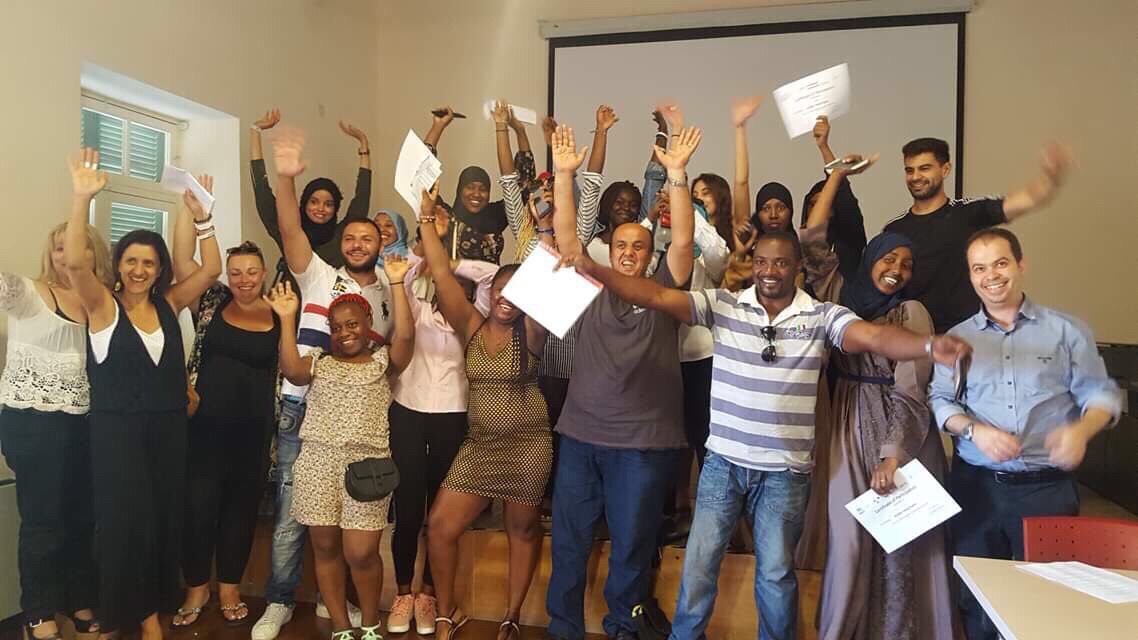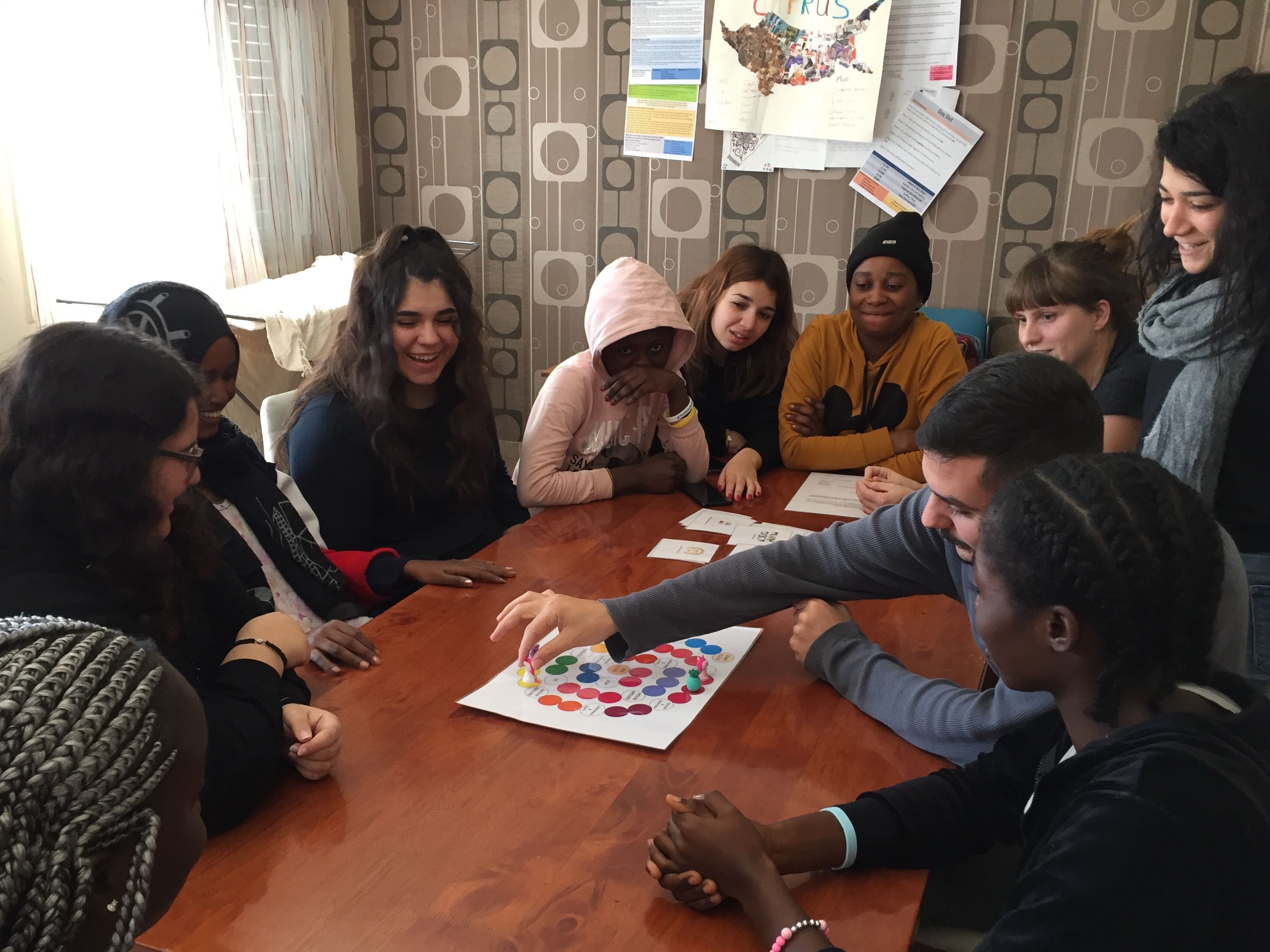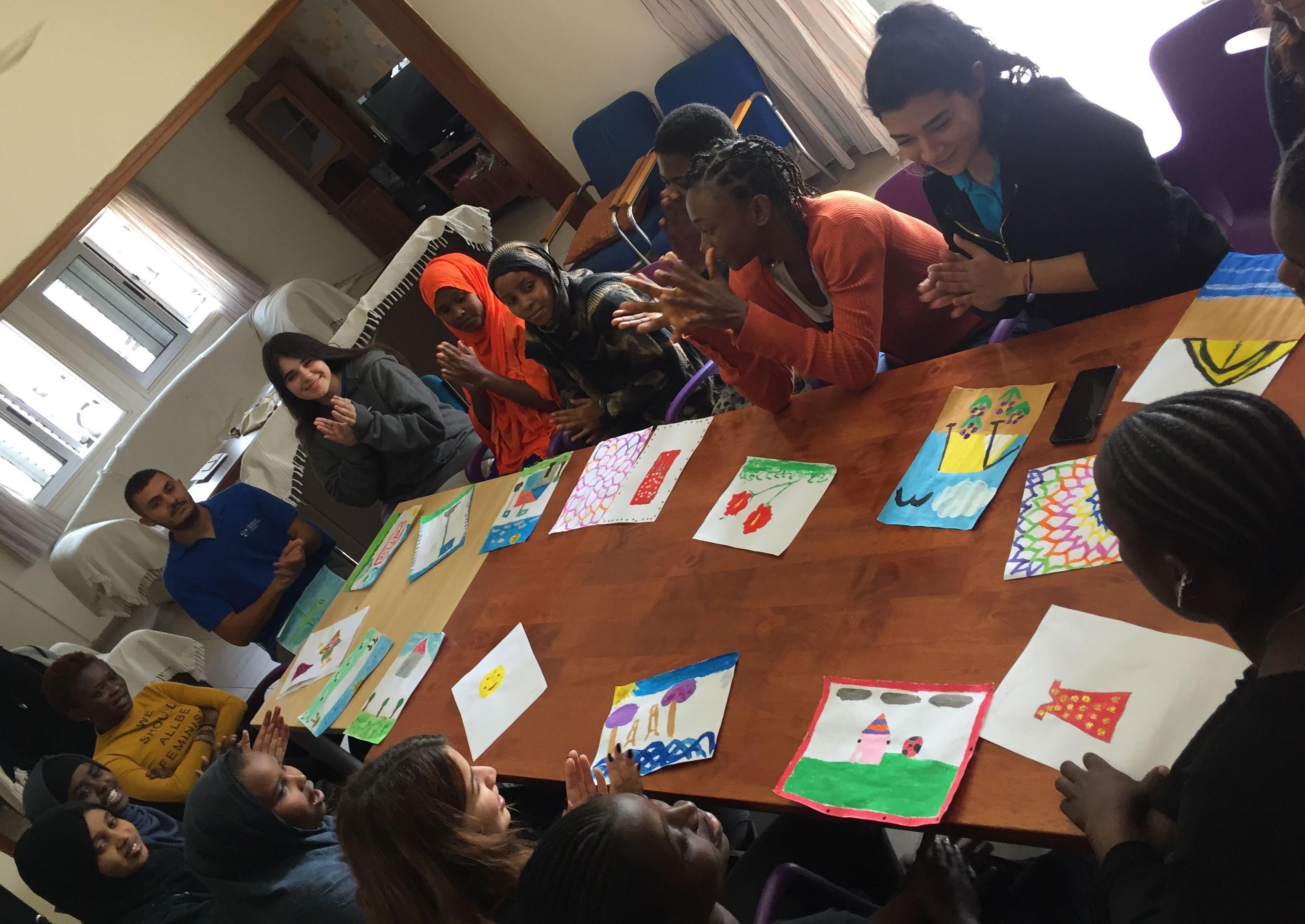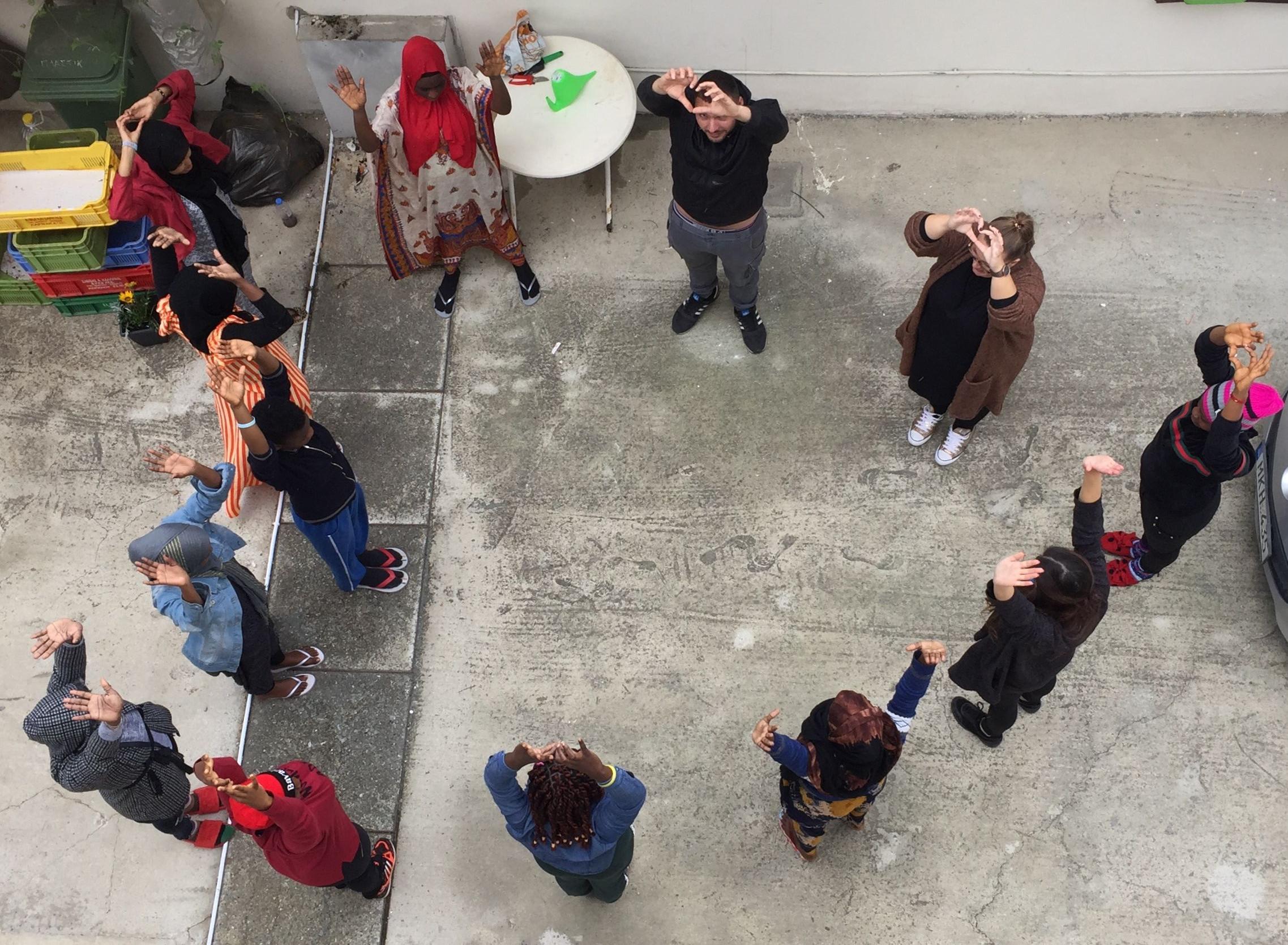Occupational Therapy with Refugees and Asylum Seekers
Occupational Therapy with Refugees and Asylum Seekers

The project in brief
Country
Cyprus
Duration
The project began in 2018. It was completed in December 2019 and will be renewed in February 2020.
Description
Objective: Building self-reliance of refugees is the objective of the Global Compact that this particular good practice meets.
Area of focus: Life and job skills
Broadening of the support base: Occupational therapy professionals and students
Respond to the needs of refugees: Address pressing needs through the project, such as finding work or housing, enhancing the necessary life and job skills for independent living and integration into the host community
Developed in partnership with other stakeholders: Partners include Cyprus Refugee Council, Cyprus Welfare Services, Hope for Children Cyprus, Nicosia Multifunctional Municipal Centre, and the Kofinou Reception and Accommodation Centre for Applicants for International Protection.
Consider age, gender, disability, and diversity: The project was designed in such a way as to meet the needs of various groups of the refugee population, namely young children, teenagers, adult men, and women, as well as asylum seekers, refugees with subsidiary protection, recognised refugees, and, lastly, children and adults with psycho-social or mobility difficulties.
The project has the potential to be adapted or replicated by other occupational therapy university programs worldwide and broadened in scale by creating more groups of students involved.
Project aims
- To participate in meaningful and purposeful occupations that help people develop their potential, overcome their trauma, and enhance the necessary life skills to adapt to the host community and achieve social and cultural integration in the local society through life-skills training, psycho-social skills enhancement, and vocational and soft skills training.
- To inform refugees and asylum seekers about occupational therapy and its role in helping them in their everyday lives.
- To perform a thorough needs and occupational assessment with the population of asylum seekers and refugees living in the community by means of observation, interviews, and specialized tests.
- To establish relationships (social and therapeutic) with the refugees and the staff as well as with colleagues, organizations, and individuals who may be potential future partners.
Resources used
UNHCR financial resources for gatherings, outings, and events, and human resources support.
European University Cyprus financial resources for occupational therapy equipment and consumables.
Partners
- Cyprus Refugee Council
- Cyprus Welfare Services
- Hope for Children Cyprus
- Nicosia Multifunctional Municipal Centre
- Kofinou Reception and Accommodation Centre for Applicants for International Protection
Challenges and how they were overcome
Challenges:
- Lack of translator services
- Participants had difficulty following a structured schedule
- Participants found it difficult to commute to and from the venues of the project
- It was difficult to link participants with possible employers due to lack of fitting job positions suitable to their skills and specialisations, discrimination by local employers, limited available employment sectors for asylum seekers, extremely low-paid jobs offered, and limited services by the public employment office.
- Cultural factors posed great challenges (e.g. a change of daily schedule and routine was needed due to the Ramadan).
How challenges were overcome:
- Participants offered volunteer translator services.
- Reminders of the group schedule were created.
- Volunteers helped participants move about the city.
- A Facebook page about the Program was created with informative posts.
- The Help Refugees Work platform (by UNHCR Cyprus and Cyprus Refugee Council) was used as a resource.
- Information was provided about the due process in public services and the UNHCR online information platform for refugees in Cyprus.
- The content of activities was adjusted according to cultural limitations.
Results of the Good Practice
- Enhanced performance in instrumental daily life activities, improving quality of life in the new socio-economic context.
- Improved psychosocial skills to better cope with one’s own thoughts and emotions linked to war trauma and displacement.
- Enhancement of job-related skills.
Next steps
Development of specialized occupational therapy evaluation tools and needs assessment methods.
Submitted by:
Dr Pavlina Psychouli, Occupational Therapy Program Coordinator, European University Cyprus
Email:






